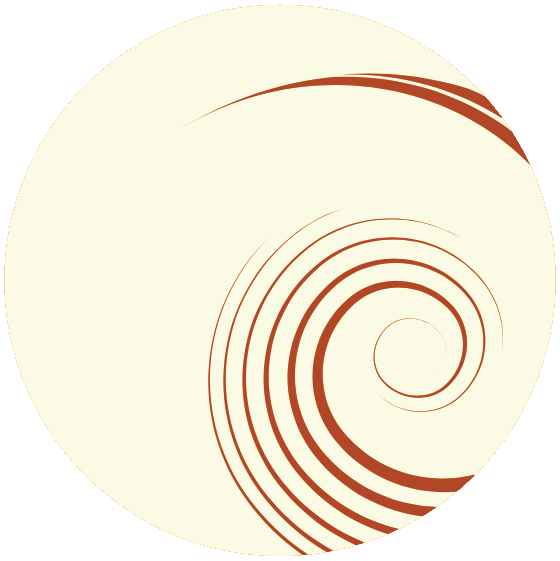Placentas and Postpartum Health
When it comes to childbearing, a great piece of advice is to "be a mammal." Seek healthy food in pregnancy, safety and intimacy for birth, cuddle and nurse your babies, and keep them close when they are newborns. Most mammals also eat their placentas after birth. More and more women are participating in this mammalian behavior as well, usually in the more palatable form of encapsulated placenta.
All around the world, where there are still intact postpartum traditions, many customs have to do with returning warmth to the mother's body. In Korea, hot soup is eaten for 30 days. Vaginal steams are a traditional part of Mexican and Mayan postpartum practice, and nearby in Guatemala, women bathe in herb-infused sauna-like huts. In many parts of Asia, women wrap their bellies after birth, warming the womb, and expelling cold empty spaces within the body after the baby is birthed. Haitian mothers wear long sleeves and cover their heads. Many cultural traditions recommend resting by a fire, bundling up, avoiding wind or wet hair, and spending several weeks indoors being cared for.
It's important to note that, while most mammals consume their placentas, humans have been a historical exception. There is no anthropological evidence of placenta consumption by human mothers as being a traditional or ancient custom. Placenta encapsulation is an American custom and has gained popularity mostly in the last 20 years. Traditional Chinese Medicine does process and use placentas in formulas, but it is not a specific postpartum remedy. By cooking the placenta before dehydrating it, inspired by the TCM method of processing placentas for medicinal use, the placenta is thought to gain warming properties when converted from the raw state.
In fact, it's precisely this warming property that convinces us of the value of this new tradition. Nature's seasons are a metaphor for childbearing. The budding of conception is like spring, the heat and growth of the baby is like summer, finally ripening and bearing fruit in autumn. Postpartum, using this metaphor, is the cold restful season of winter, when instincts are to bundle, rest by the hearth, and care for each other. Placenta medicine is a perfect addition to postpartum recovery because it is believed to return heat to the mother's body. With warmth, blood rebuilds, milk flows, and mood is supported.
There is little scientific research about the benefits or risks of consuming placenta medicine. It is a difficult area to make any health claims, because no major researchers have invested in human placentophagy studies. One small study from the 1950s found that mothers who consumed freeze-dried placenta after birth had an increase in milk supply. Animal research has found that consuming the placenta can balance hormones such as prolactin and progesterone and contributes to pain relief. It is also known that placentas contain iron and proteins, which contribute to blood-building at a time when mothers are recovering from some amount of blood loss. Many mothers speak anecdotally about improved postpartum mood when they consumed their placenta capsules after birth. Oregon law has determined that a mother's placenta is her property and she can do with it what she wants, including turning it into placenta capsules.
American culture often comes up short when it comes to supporting new mothers. Thankfully, many midwives, doulas, lactation specialists, friends and family members are coming together to offer much needed holistic postpartum services, so mothers can get the rest, nutrition, and support they need. Placenta encapsulation can be a part of this new trend towards taking good care of mothers and babies.

